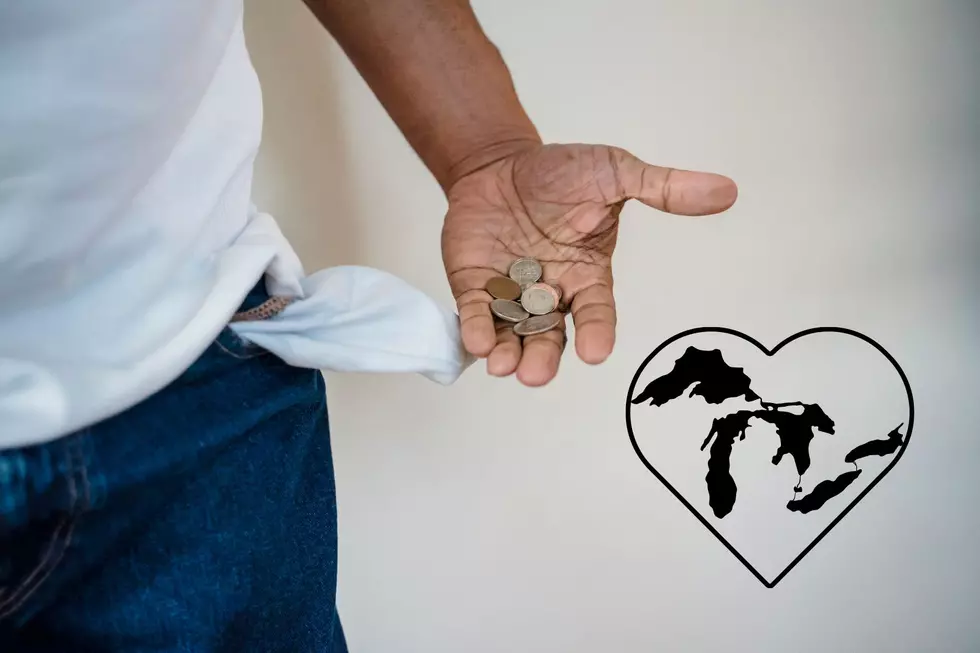
Holiday Fire Hazards-What You Need to Know
Christmas Trees and Lights are by far the biggest cause of holiday fires, but there are plenty of others too.
Michigan State Fire Marshall was a guest on the 95.3 WBCK Morning Show with Tim Collins. He offered the plenty of tips regarding Christmas trees. But he also talked about fires that start in the kitchen, or near the fireplace.
Holiday cooking
Thanksgiving is the peak day for home cooking fires, followed by Christmas Day and Christmas Eve. Cooking equipment was involved in one of every five (19%) of home decoration fires.
- Don't leave decorations too close to a stove or other cooking equipment.
- Keep children and flammable items such as grocery bags and kitchen towels away from the stove and oven.
- Clean up greasy spills as you go to remove another fire hazard.
- If you’re deep frying a turkey, keep the fryer well away from structures and trees, make sure your turkey is fully thawed.
Fireplace
Make sure you’ve had the chimney cleaned. It’s best to hire a CSIA Certified Chimney Sweep. Fireplaces and chimneys should be inspected by a professional chimney sweep every year — and again halfway through the season for new wood-burning installations, such as fireplaces or wood-burning stoves.
- Be sure to keep things like wrapping paper, rugs and clothing – at least three feet away from the flames.
- Use a fire screen to keep embers and logs from escaping.
- Make sure all embers are fully extinguished before you turn in for the night.
- Clean the fireplace often, and if possible after each use.
- Make sure the damper is fully open before starting a fire.
- Don’t use accelerants, like lighter fluid to start the fire.
- Use hi-quality wood. If the fire burns too slow, creosote can build up in the flue
- Never burn pressure-treated or painted wood.
- If hanging stockings on the fireplace mantel, don’t light the fireplace.
- Don’t burn wrapping paper in the fireplace. The paper ignites quickly and burns intensely and could result in a flash fire.
Candles
Candle fires peak in December. January ranked second. Eighteen percent of December candle fires started in the living room and 8% started in the dining room compared to 14% and 3% for those areas during the rest of the year.
- The two peak days for candle fires were Christmas and Christmas Eve.
- Three of every five (60%) candle fires started when something that could burn, such as furniture, mattresses or bedding, curtains, or decorations, was too close to the candle.
- One-third of all candle fires start in the bedroom. Candles should always be placed far away from items that could catch fire and burn easily, such as trees, decorations, curtains and furniture.
- Keep children, pets and decorations away from candles. Ensure candles are placed on heat resistant, stable surfaces and where kids and pets can’t reach them or knock them over.
- Only burn candles where you can keep an eye on them.




